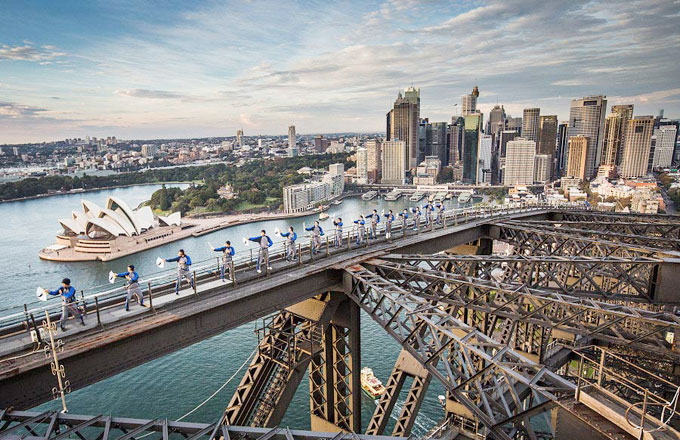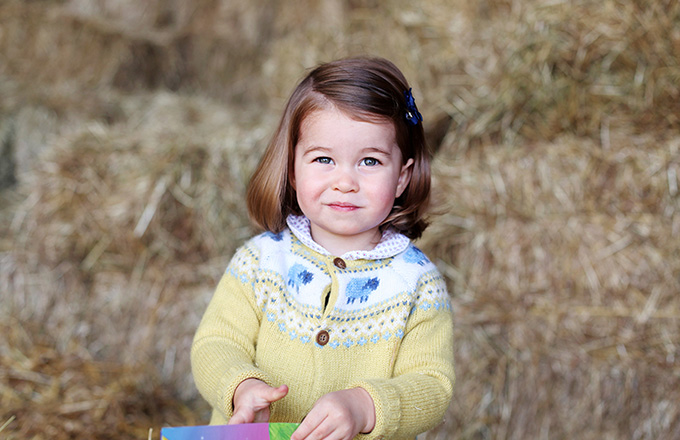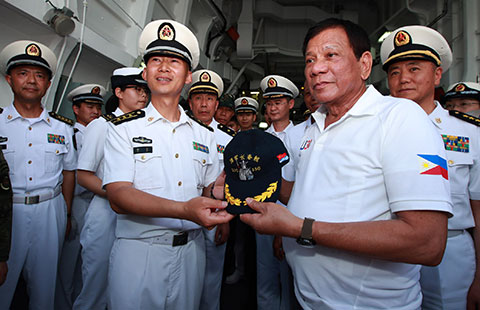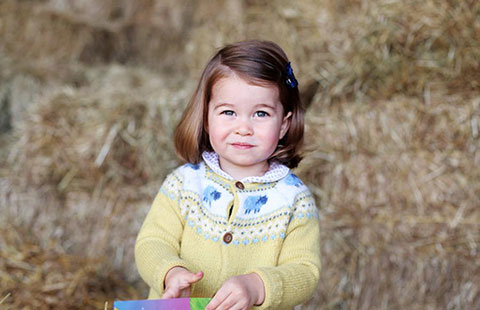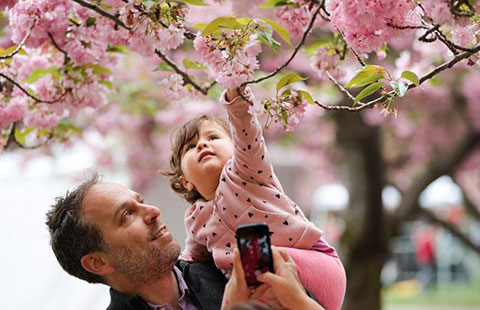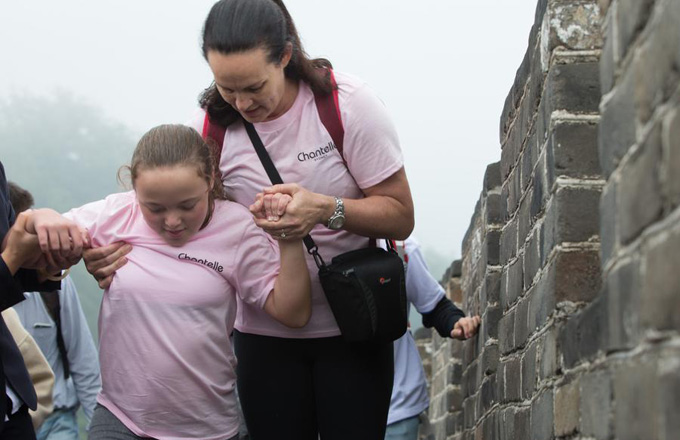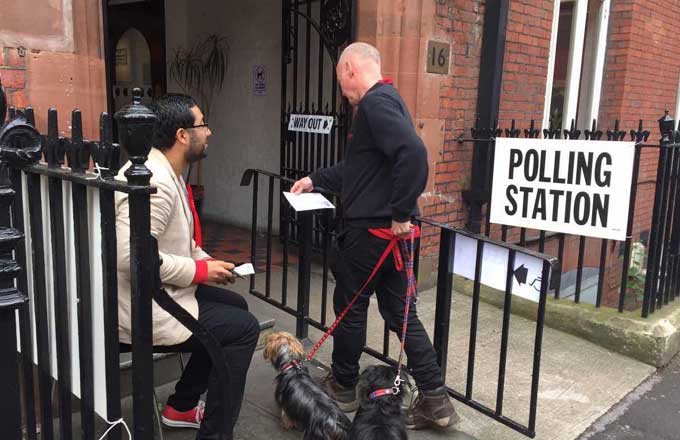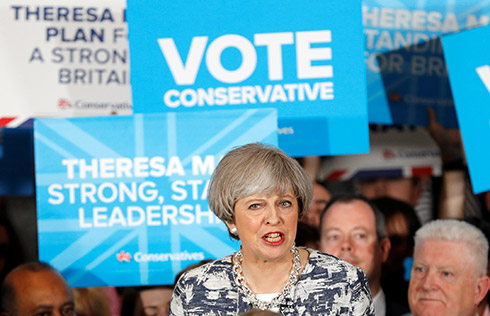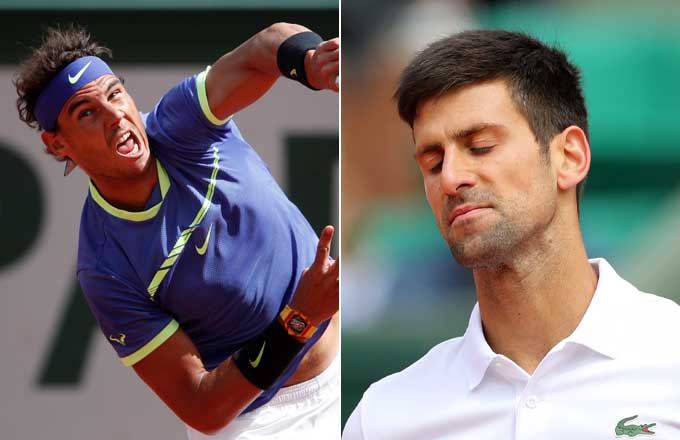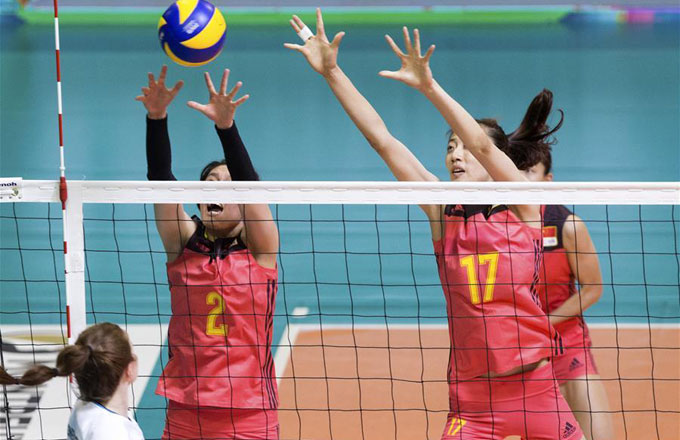

The WEF's annual risk report cited inequality and the burden of government debt as the biggest economic threats and also highlighted a rise in concern about severe weather, an issue likely to be on the minds of many participants as they struggle even to reach Davos after heavy snowfall cancelled many flights.
The Algerian hostage crisis, the French campaign against Islamists in Mali and the fallout from the Arab Spring will also be hot topics, with many leaders from Africa and the Middle East attending Davos as well as several oil and gas executives.
"We face a new reality of sudden shocks and prolonged global economic malaise," Schwab said. "Future growth in this new context requires dynamism, bold vision and even bolder action."
The Davos elite will be shielded from dissent by a ring of razor wire and up to 5,000 Swiss soldiers, though activists will be handing out an award for "the worst company of the year", and Swiss left-wing groups plan small protests against financial speculation.
UBS Chairman Axel Weber and JP Morgan Chase & Co
Chief Executive Jamie Dimon are among the top representatives of a chastened financial industry, which the Edelman survey shows is still the least trusted sector, on just 50 percent globally.
The WEF is trying to boost leadership skills in the tough environment, offering morning meditation and even a session with a trombonist subtitled: "How can jazz serve as a strategic model for diplomacy, leadership, collaboration and innovation?"
But chief executives are more likely to be looking for concrete deals and innovative ideas in Davos as the first signs emerge of fragile confidence returning to the world economy.
"There is more certainty than there was three or four months ago," said Kevin Kelly, chief executive of Heidrick & Struggles, a global executive search and leadership consulting firm.
"This is a turn in the mood. There is an old saying you can't fall off the floor. Economically speaking - we are in the basement now. There is no where to go but up."


